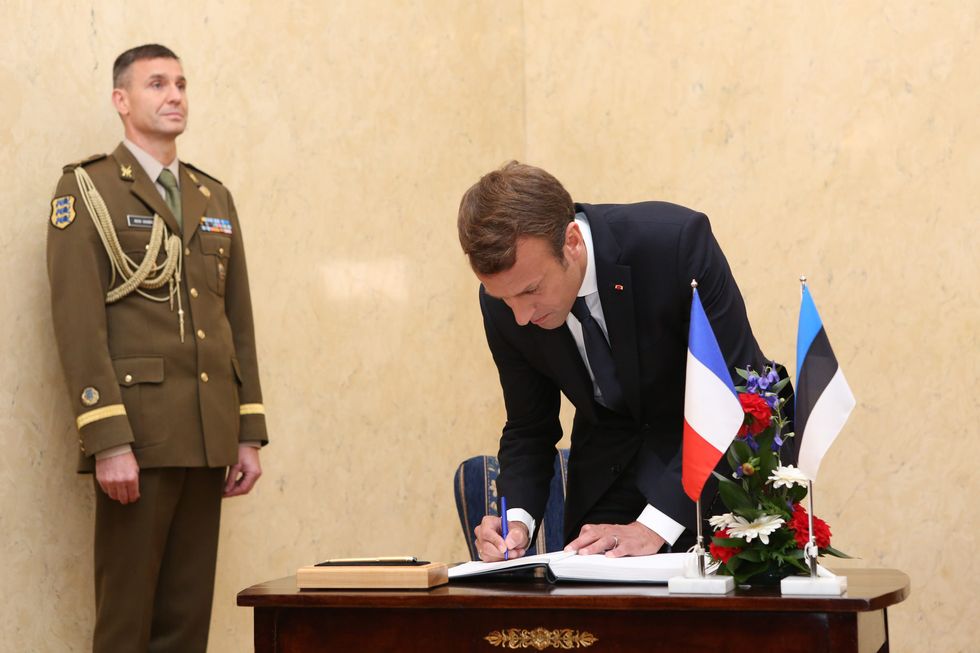Jupiterian. Sun King. President of the uber-rich. France’s Emmanuel Macron has seen his approval ratings take a nosedive through his one-year-old presidency, in part because of his distant, elitist style of governance that have earned him a number of epithets.
After a string of well-intentioned but soothingly incompetent heads of state feeding the French a steady diet of nanny-state policies, the former investment banker’s ability to get things done is at times invigorating and at times appalling. His steady-handed prime minister, Edouard Philippe, has ushered into the Assemblée National reforms to the opaque tax code and dense labor laws, much to the chagrin of pensioners and the all-powerful labor unions.
When Macron was elected last year, he diverged from a lot of norms. At thirty-nine, he was the youngest president ever elected in French history and one of the youngest in the whole world.
His party, La République en Marche, had not existed until 2016. Early in the campaign, Macron was written off because he was so young. But by election day, it had become clear that the “Mozart of finance” was the only plausible choice for the Palace Élysée. The traditional center-right party, Les Republicains, was hobbled by allegations that their candidate, François Fillon, had pretended his wife had a job so that she could receive money to the tune of €900,000 ($1.1 million).
The Parti Socialiste, which nominated Benoît Hamon, was outflanked on the left by Jean-Luc Mélenchon of France Insoumise. Mélenchon had vowed to instate a top-bracket tax rate of 100%.
In the runoff election, Macron faced Marine Le Pen of the far-right Front National, which is in the midst of a legal battle after renaming itself Rassemblement National, a name which was apparently already taken. Le Pen inherited FN (RN, whatever) from her father, Jean-Marie, who calls Holocaust-era gas chambers a “detail of history.”
Many FN loyalists thought the party might have a chance with a woman candidate, but election day sorely disappointed them: Macron won with a margin of 32%.
Winning an election, however, is the easy part. After taking office, France had to reckon with the fact that its labor market is woefully unprepared for the twenty-first century. Before this week, railroad workers could not be fired, but could retire as early as 50 years old. Macron has moved to end these protections, which the SNCF, the state-owned railroad company, have said are necessary to ensure France’s transportation is competitive with foreign firms. But railroaders and other transportation workers have gone on strike, which will continue on and off, possibly until June.
The nationwide strike represents the biggest challenge Macron has faced so far. But he has already proved that he is capable of defying the odds. There was no chance for him to be president with a party no one had heard of a year before the election, and yet he won voters over with his brand of “radical centrism.”
Macron’s appeal is in his unfailing commitment, not to any particular ideology, but to compromise and efficiency. The French people backed this then and they back it now, narrowly: 53% said the strikes were unjustified.
The SNCF is not competitive because it has incurred high debts from doling out money and pensions to its employees. European Union law has recently mandated that France break the state monopoly on railroad, so things are going to have to change for the SNCF to retain passengers’ loyalty. Macron is right to institute these changes. Now, he must be resolved to follow through with them.








































